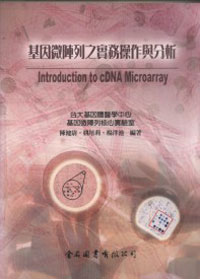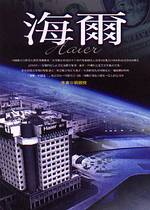




> 文学小说 > Intellectual Activism in Knowledge Organization:A Hermeneutic Study of the Seven Epitomes Chinese bibliography has a long history and tradition of its own, going back two millennia. It resembles critical bibliography, incorporates key features of today’s library cataloging and classification
(a branch of enumerative bibliography), and shares significant common ground with intellectual history. This rich bibliographic tradition has not intersected with other traditions and is known only to scholars of Chinese bibliography, intellectual history, and classical studies. In the field of knowledge organization, it is a virtual unknown and, thus, presents excellent opportunities for research.
Intellectual Activism in Knowledge Organization is an interdisciplinary analysis of the Chinese bibliographic tradition written for a wide audience. In particular, the study investigates the classification applied in the Seven Epitomes《七略》, the first library catalog on record in Chinese history, completed a few years before the Common Era. It is important to study this classification, which is said to have established the model for the entire Chinese bibliographic tradition, where classification has always been an integral part and the sole mechanism for organization. While influential, neither the classificatory principles nor the structure of the classification are well understood. In the book, Lee Hur-Li conducts a hermeneutic study of three main aspects of the classification:
the classification’s epistemology, its overall classificatory mechanics, and its concept of author as an organizing element. Taking a socio-epistemological approach, the study applies an analytical framework to the examination of the classification in its proper social, cultural, historical, and technological contexts. Lee concludes by summarizing the major achievements of the classification and articulating implications of the findings for various disciplines.
名人推薦
Hur-Li Lee provides an important contribution to the field of knowledge organization. She investigated the first book catalog on record from ancient China—the Seven Epitomes—and exposed the cultural, political, and epistemological engines that produced the principles for its organization. She discovered that some of the principles applied in present-day book classification were already created in Chinese antiquity. Though it is an investigation of a historical object from a distant civilization, her study offers insights relevant to knowledge and knowledge organization across time and culture. The book is written in a jargon-free and flowing language and would be of interest to librarians, information scientists, intellectual historians, and Chinese scholars. ??Raya Fidel, Professor Emerita, Information School, University of Washington
The Seven Epitomes
(Qilue, 《七略》)
is the first Chinese classic in the discipline of bibliography, and as such, it has piqued the interest of many Chinese scholars over the last few decades. Although this bibliography is vital to understanding classical Chinese literature, there are no English scholarly works that systematically analyze it. Intellectual Activism in Knowledge Organization is a significant investigation into this often neglected area and provides new insights into this classic. From the perspective of knowledge organization, the book contributes to Chinese bibliography a new theoretical framework that goes beyond the conventional approaches of literary canonization and philosophy. Furthermore, it is a milestone study detailing the historical development of Chinese thought from the Warring States period to the Han dynasty.??Chon-chit Tang, Associate Professor of Department of Chinese Language and Literature, University of Macau